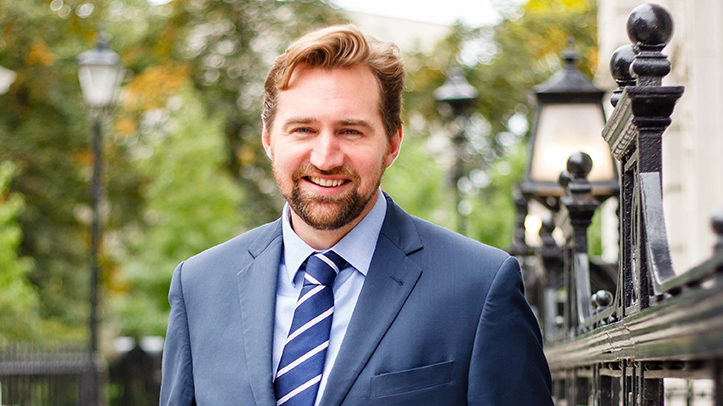
One of the small mercies of the Covid-19 pandemic has been how little it has affected children. But our national response has closed the schools, services, and relationships on which they often rely. Vulnerability has been compounded, the poor hardest hit, and new problems have emerged.
In the months ahead, to name but a few problems, the government will have to address the collapse in the apprenticeship system (with starts down 46%), the re-emergence of previously managed addictions (relapse at almost 40%), and a school attainment gap getting wider by the day.
In the first instance they must urgently get Britain working again. Almost a third of working adults relied on the furlough scheme over the last year and millions more on Universal Credit. There are few things more damaging to a child’s future, and more likely to induce poverty, than a workless household.
And for those who cannot find work, we need to ensure that not only is the welfare system supportive enough but contains the human element that so many people will need in the months ahead.
But there are also important learnings to take from the last year.
It has been tough, but we mustn’t think we are unique. Economies have plunged and unemployment rates have risen before. They were higher in 2008, higher still in the mid 1990s and again in the mid 80s. Disruptions to the economic cycle like this are not new and we need not be surprised when they happen, but instead think about how we better weather them.
We need to build resilience before the next one, whatever the cause may be. And fortunately, we know that some children have fared well in the last year and we can learn from them.
Ofsted’s recent report on children’s experience of lockdown, based on 900 school visits, found divided experiences. The worst hit had regressed considerably while for some the extra time at home with families had been very beneficial.
It found that the home environment has been the key factor: “Children’s experiences weren’t necessarily determined by privilege or deprivation. Rather, those who are coping well have good support structures around them and have benefited from quality time spent with families and carers. This includes children from all backgrounds.”
In short, while the two often go hand in hand, it was a family’s stability that mattered more than its income. Other research corroborates this. Evidence from US and UK found teenagers’ anxiety actually reduced during lockdown as they spent more time with families. Stable families with married parents were far more likely to say lockdown had been positive, regardless of income, than cohabiting or single parent families.
We currently spend £1 on reducing family conflict for every £76 we are spending on Covid catch up support for schools. But if we want to weather the next storm better, we will not find the answer in public services – we will find it by strengthening our home relationships.
It means engaging fathers from day 1, transforming birth registration, rolling out family hubs, parenting support, and relationship counselling. But first and foremost it means talking about it: parents matter, their relationships matter, marriages matter. If we are to give children the resilience they need, they matter more than anything.


